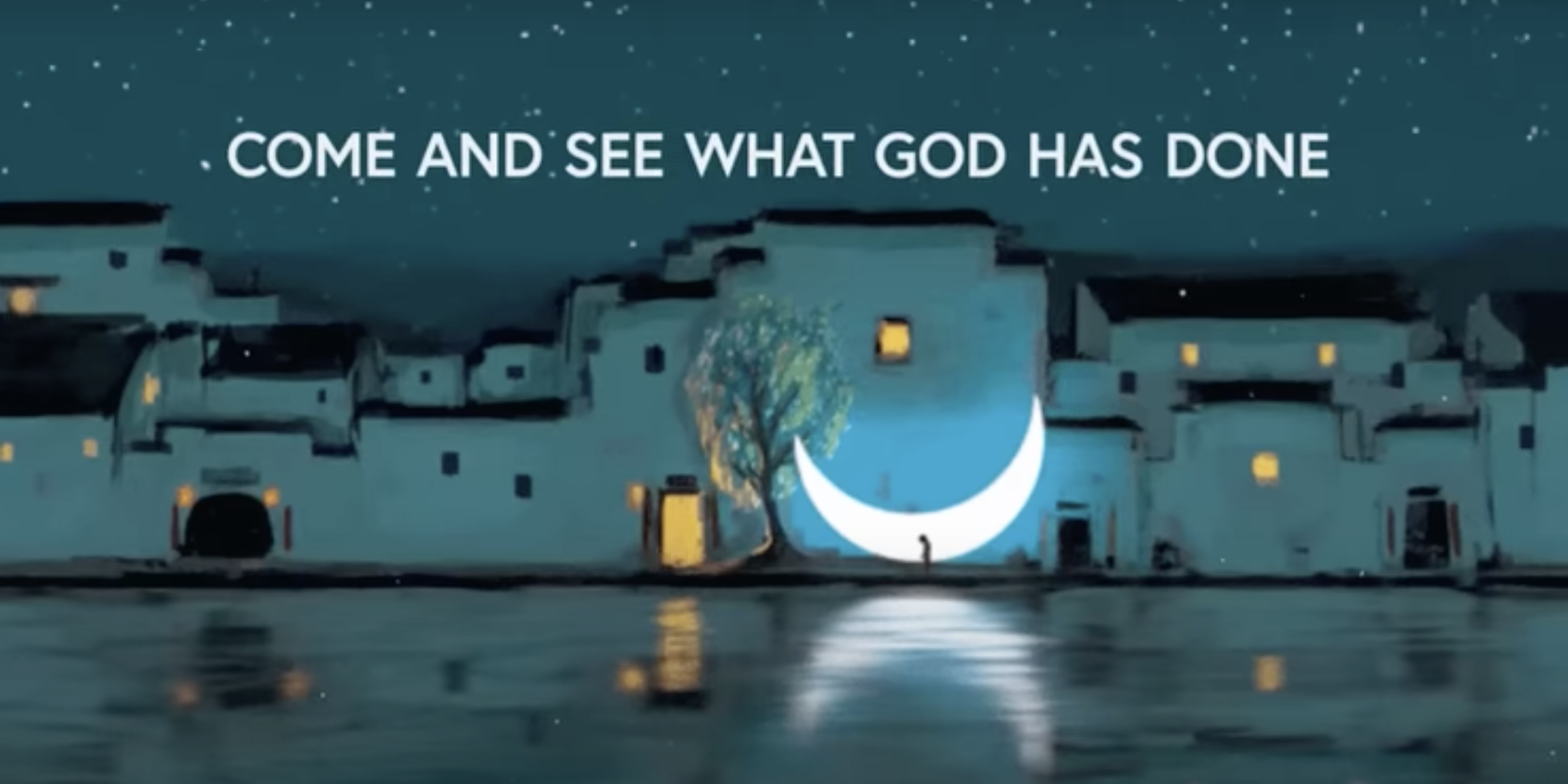
If John was a hairy chap, purportedly eating an odd diet of locusts and honey,
can we also be counter-cultural this year as we prepare for Christmas?
Where are we? Why was this written perhaps?
We are in Jerusalem, having spent so much time in a foreign land, under the rule of a foreign king, living like a servant. But now, we are back where we belong. That’s fine, but even thought the Temple has been rebuilt, the rest of the country is still a mess. Crime is rife and we don’t have great leaders – hold it, that sounds familiar now!
The prophecy from Isaiah (Isaiah 61:1-11) wasn’t meant to be an exact prediction of what was to come, a Mystic Meg foretelling; but, to say that we should keep hold of God’s promise to the people.
This passage speaks of Good News for the people, to the poor, the brokenhearted, to the prisoners, where we will find blessing rather than mourning, praise instead of despair. But whoa: verses 5-7 – which aren’t in today’s lectionary reading – speak of what it was like when the Israelites were in captivity but now the tables have been turned. They are in charge now. Retribution is certainly possible now. Israel now has an opportunity to choose a different way, not of retribution but of justice for all.
The start of this passage is used by Jesus in Luke 4, where he preaches his first sermon at a tender age. There is a threat that the locals want to show him off a cliff – despite there not being a cliff like that nearby – why are they so angry? Is it because he is not qualified to read or quote the Scripture, given the literacy levels at the time? Or is it that they are reminded that this Good News isn’t just for them but for all others? All? Yes, all.
I wonder how modern Israel might receive this today? I wonder how Ukrainians might see this passage today? How we as a nation might consider these words following the militaristic overtures over the decades?
Pledges?
Possibly, we have heard enough about pledges. Pledge: something we can spray around the room, make it smell wonderful, but you need to do something constructive to actually make it work.
There is a call for the forgiveness of debts. I wonder how debt ridden people might be following this Christmas. If there was a call for “eat or heat” last Christmas, when the Government gave each household £66/67 per month last year, but with the increase in the energy price cap in January, there is a very limited safety net existing now. More people will face times of indebtedness. How do we respond? I personally struggle with the need for food banks, especially when politicians take that PR opportunity, when we should be ashamed by even the thought that we need to offer free food. It shook never be necessary.
There is a call for freedom from slavery. But slavery doesn’t exist in the UK, especially in Glasgow… albeit women are exported to Scotland for sex and traded. What we don’t see … doesn’t happen? Those in slavery to their addiction, unable to free themselves but with encouragement, support and help they can relinquish that hold on their lives. Where we, in church, might say we lose our life to sin, they would claim that they lose their alcoholic life to find a life in sobriety.
Isaiah speaks of those who will rebuild, there is a communal transformation. When we might have spoken of Christ the King and that Pilate had military power, here there is power amongst us so that as we work with other people, together we can be part of the overall transformation. Relinquish the power of importance, of hierarchy, and tap into God’s power: restoring people, restoring lives. This is what we are seeking to do here within the Strathclyde Methodist Circuit.
John 1:5-8, 19-28
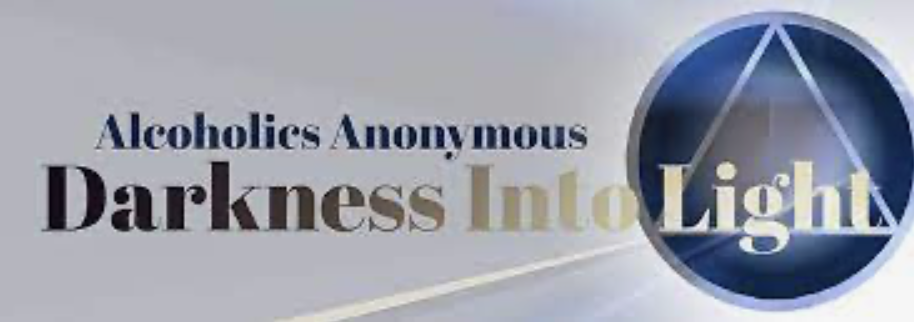
This text was written around 90-110 AD, but don’t presume that they had a handy pocket size New Testament to which they could refer to. That might take a few centuries before that was available. There were extracts of the Gospels we refer to as Gospels, as well as a condensed 4 Gospels in one version soon to arrive on the streets – by the general problem was false teachers trying to get in on the emerging group of believers. The author(s) of this Gospel were writing to this emerging group of believers, to encourage them but also shining a light into the past.
We are in the third week of Advent and we have no birth story as yet. We start with that verse that “The light shines in the darkness, and the darkness can never extinguish it”. This is metaphorical. If we give ourselves over entirely that God is only there in the light, then where is God when we are in that metaphorical dark place? When we wake up at night and are struggling – God is there. When Jesus was placed in the tomb and the stone rolled to close up the supposedly final dwelling place, to put Jesus in the dark – God was there.
We have John the Baptist, a character who is regularly diminished to the also-rans, listed in the credits in very small font, you might just miss him if you nip off to the loo or go to make a cuppa. But I thought Christmas was about Jesus? There is this balance between John the Baptist and Jesus, one leading to the other seamlessly. John is the one who testifies about this Jesus. John might heave heard from his own followers about this radical new upstart from Galilee, and wondered what he was offering. John had done his bit in bringing God’s Good News to those who were willing to come to the desert, to the River Jordan, to cement their aspirations to their belief with baptism. But John knew that what he had to offer was limited. He wasn’t Jesus.

John is the voice – no, not the television programme. John points towards Jesus, signposts what is coming down the line.
That upon our own journey, John is the one guiding us but Jesus is the one we are seeking.
John is saying that Jesus is the light; not that John is the darkness. John and his followers are those that allow others to know that Jesus is the one.
So what about us today?
Have you ever had that opportunity to take a long journey, just sit back and watch the view as they drift by the window? It could be on a long train journey – yes just ignore the train announcements that we are soon to arrive at the station or there is another delay – just soak in that view.

I used to enjoy flying out of the UK, watching the coastline of Cornwall or the Hebrides (if, on the off chance they weren’t covered in clouds), or arriving down the west coast of Australia: seeing the curvature of the Earth. It was like time had slowed down. However, we could take the Eurostar to Paris, or the overnighter sleeper train from Glasgow to London – the views are fairly limited. Today we can spend so long staring at our mobile phones that we can miss anything passing the windows.

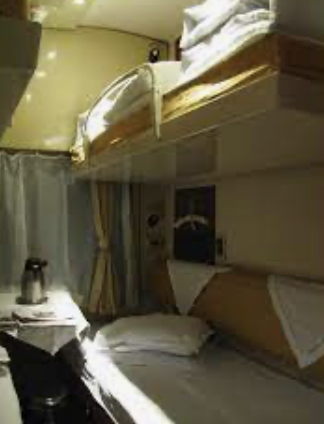
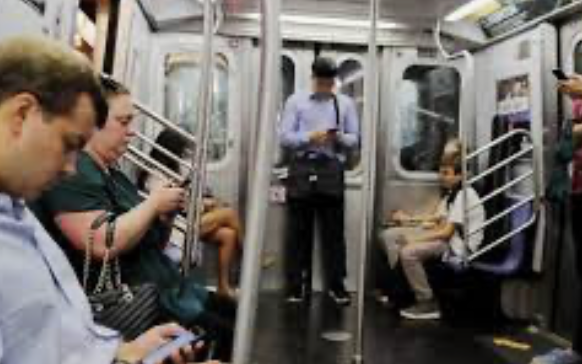
With (the now shelved) HS2 there was a desperate need to shave time off our trip, those 30 minutes which we could have enjoyed contemplating our countryside or where people live.
Could we take the fast train?
Likewise, we are face a dilemma with Advent. We could take the fast train to Christmas, with all of the preparations for the big meal, the presents that we all need, the lights that need to hung up around the tree(s), ensuring that we have a smile as broad as Buchanan Street for everyone. Or we could take the slower train, take in the sights, and have a chat with those whom we pass; have a cuppa and break a biscuit with someone you have just met. John would identify with you in that case.
At Christmas, the baton is handed over from John to Jesus. Jesus makes his appearance that is so surprising, unexpected even controversial. The whole Christmas story is subversive, undermining the Roman rule – if we just care to ponder and get away from the glitz that society has entangled within it.
So as we wend our way through Advent, consider : are we being called to be John, or Jesus or both?
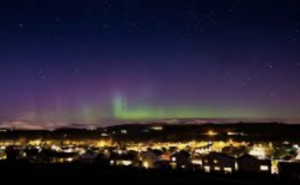
Can we be that light, possibly diminished in intensity given the way that society looks at the Church – a winter light. One that is still evident, warming, encouraging but not self-sustaining – but seeks to share the love of Jesus to all.
Can we counter-cultural to society, like John – without needing to enjoy locusts despite their energy benefits, I am told –
not having to follow the trend, the pattern that others follow,
but be distinctive because of our love for God?
We could be the voice, like John, offering that the way is one of transformation. The way our churches are being transformed – Partick, not dying but being transformed literally; Clydebank, in looking afresh at just might be with the addiction hub; and Pollokshaws, with the planning for an addiction recovery cafe. Here, we are giving witness to the light, one that goes beyond Christmas Day, one that brings benefit to others more than it could ever be in a wrapping of paper.
So, keep going on this journey, but don’t just get on the first train to the next station – marvel at what God is done, and continues to do in and around where we live and worship.
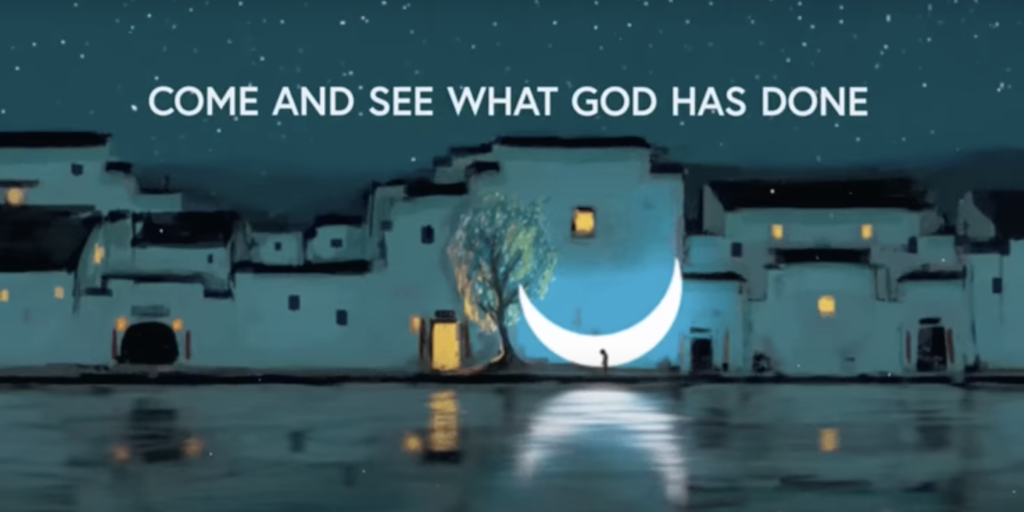
The dialogue is really good